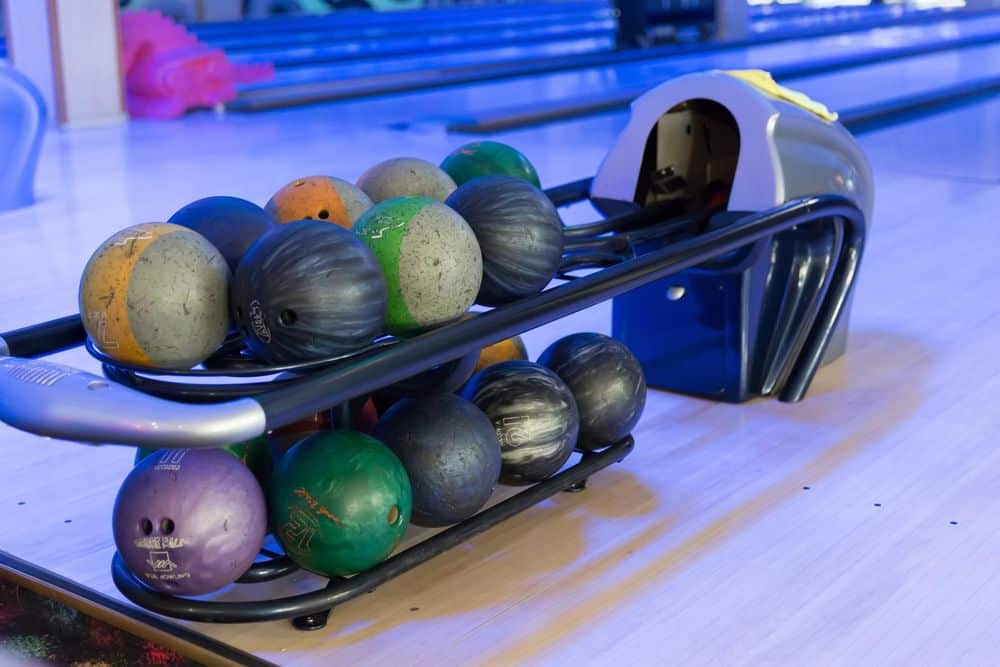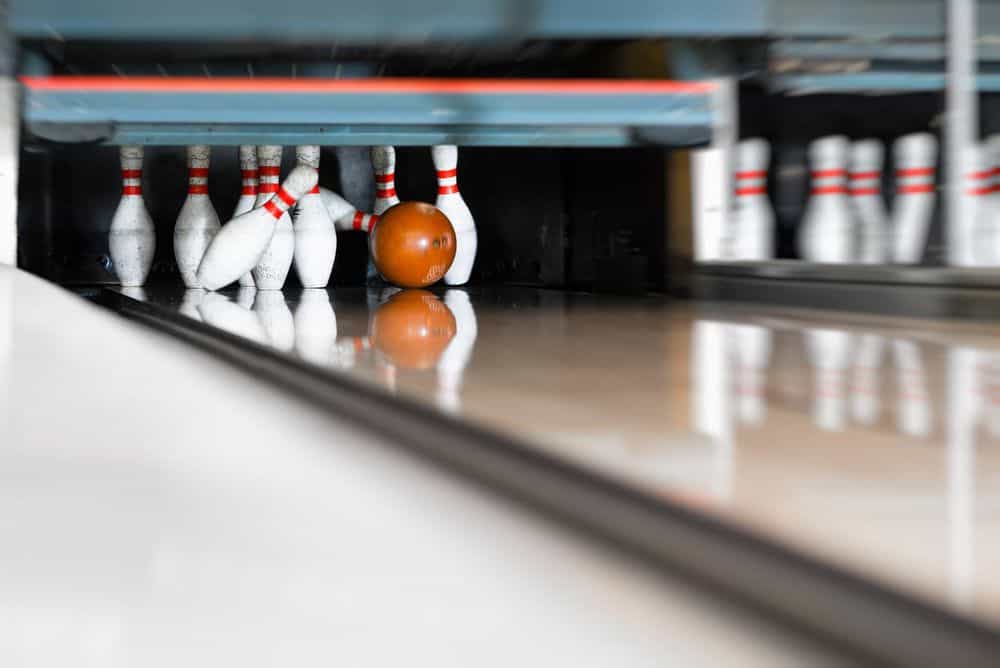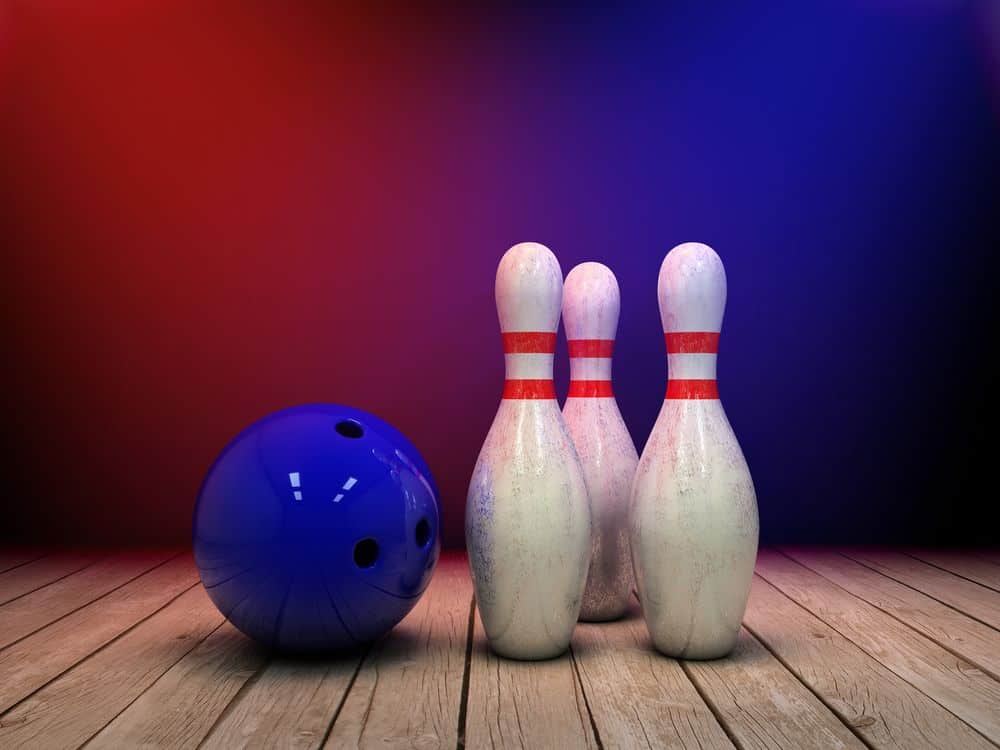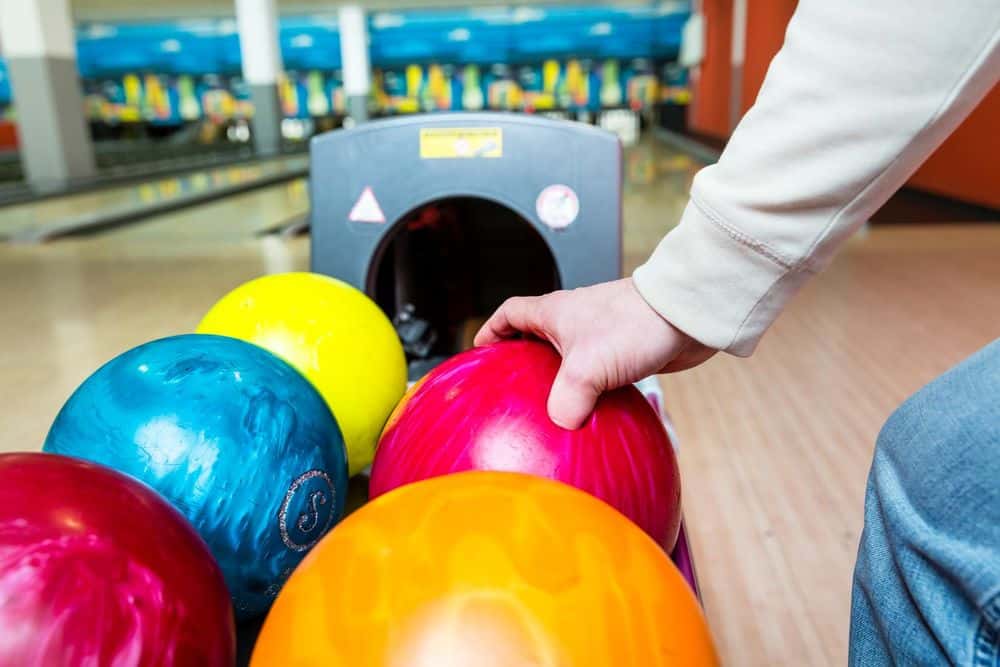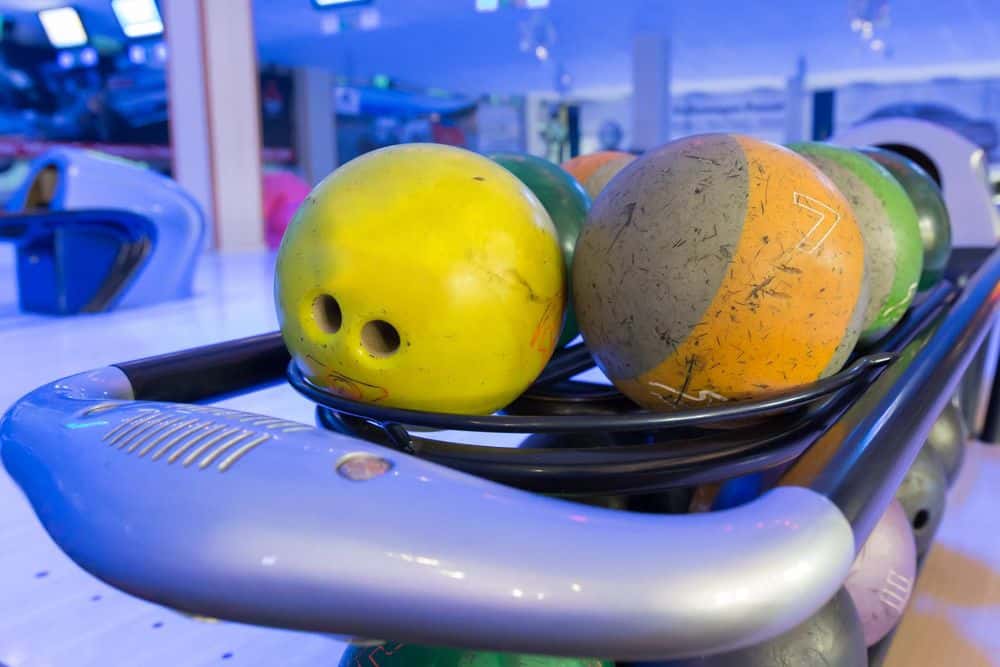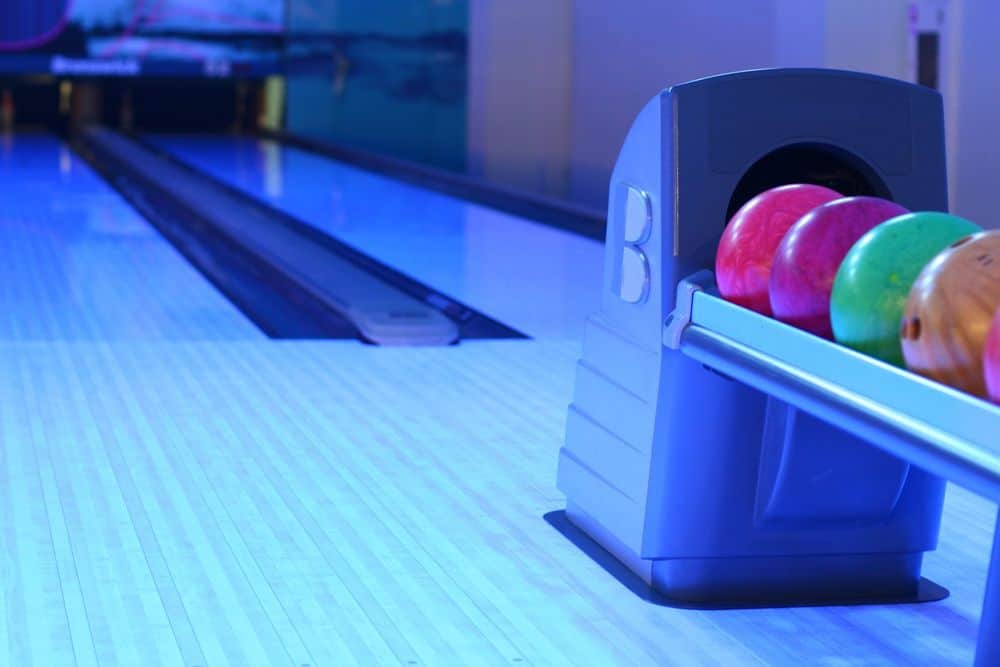Have you ever wondered how to support a disabled bowler? It can be an intimidating task, especially if you’re not familiar with the sport. But it doesn’t have to be!
This guide will provide all of the information needed for friends and family members who want to show their support during a bowling match.
From providing physical assistance to emotional encouragement, we’ll go through everything that is necessary for successful disabled bowling. Read on and learn more about supporting our favorite bowlers in this amazing game!
Disabled bowling has been gaining popularity over recent years as people recognize just how much fun it can be – regardless of any disabilities or impairments.
With the right set of resources and knowledge, anyone can get involved and enjoy the thrill of knocking down pins with every roll. And when friends and family are there cheering them on, it makes the experience even better!
In this article, we will discuss some important tips that can help make sure your loved one’s next trip to the lanes is both safe and enjoyable.
We’ll cover topics such as what types of physical adaptations might need to be made; ways to reduce stress levels before a game; and suggestions for creating positive atmosphere while playing.
With these ideas in mind, you should feel confident enough to cheer on your special someone during their upcoming outing at the alley. Let’s get started!
Tips For Friends And Family Members
In the United States, over 61 million people live with some form of disability. For those who are passionate about bowling, disabilities can be a challenge to overcome.
However, friends and family members have an important role in supporting disabled bowlers as they strive for success on the lanes. Here are some tips for how to best help out a disabled bowler you know or care about.
When helping someone with physical impairments, it’s important to remember that each person is different – what works for one may not work for another.
Adapting equipment or introducing new techniques could be beneficial depending on their level of impairment. That said, always ensure that safety comes first while practicing proper technique when making any changes or adjustments.
Additionally, it may also be helpful to team up with local leagues and associations dedicated to disabled athletes so your loved one has access to resources like coaches and additional support systems.
Finally, take time every now and then just sit down with them and talk about their experience as a disabled bowler; this will give you both valuable insight into ways you can better assist them in achieving success on the lanes!
How To Provide Emotional Support And Encouragement
Supporting a disabled bowler doesn’t just mean providing physical assistance; emotional support is just as important.
It can be intimidating to go up against competitors who don’t have any disabilities, but with the right encouragement, your loved one will feel more confident and capable in their endeavors. Here are some tips for how you can provide that critical psychological boost!
Start by reminding them of how far they’ve come since beginning their journey as a bowler. Celebrate successes together – no matter how small or big – and take time to chat about all of the progress they’ve made thus far.
This kind of positive reinforcement will instill confidence in your friend or family member so that each setback serves as an opportunity for growth instead of discouragement.
Additionally, find ways to remind your loved one that everyone faces difficulty at times when it comes to bowling; this could include sharing stories from other bowlers who have battled similar circumstances or offering thoughtful advice on what strategies worked well for others in overcoming obstacles.
And above all else, remember to show compassion and empathy whenever possible – nothing says “I believe in you” like being there through thick and thin!
How To Help Disabled Bowlers Overcome Obstacles They May Encounter
At times, disabled bowlers may encounter obstacles that can be difficult to overcome.
Whether it’s due to physical limitations or the psychological effects of being in an environment where they are different than their peers, these challenges must be addressed if your loved one is going to reach their full potential as a bowler. Here are some tips for helping them succeed:
- Celebrate every win – no matter how small – and encourage them to keep pushing forward when faced with adversity.
- Find adaptive equipment and technologies that give them greater control over their game.
- Connect them with other disabled bowlers who have had similar experiences so they can learn from each other.
- Help create realistic goals that focus on improvement rather than perfectionism.
- Develop coping strategies for dealing with any negative self-talk or discouraging thoughts that come up during practice sessions or competitions.
Helping someone you care about navigate through challenging situations isn’t always easy, but it can make all the difference in allowing them to become more confident and resilient in bowling and beyond!
By providing emotional support, exploring resources available to help them succeed, and encouraging positive thinking patterns, we can empower our friends and family members to achieve great things even when facing seemingly insurmountable challenges.
The Importance Of Being Patient And Understanding
It’s essential to remember that everyone learns at a different pace. For those with disabilities, there may be additional obstacles and unique needs that must be addressed before they can reach their potential as bowlers.
As friends and family members, it’s important to remain patient, understanding, and supportive throughout the process.
By providing encouragement in small increments and being willing to adjust expectations as needed, we can help our loved ones develop the confidence necessary for unlocking their full bowling abilities.
Celebrate successes – both big and small – along the way so disability doesn’t become a source of discouragement or embarrassment.
Remind them that setbacks are part of learning any skill, but mistakes don’t define who they are as people; instead, focus on praising effort rather than results.
In addition to offering emotional support, consider educating yourself about adaptive equipment and technologies designed specifically for disabled bowlers.
This will allow you to better understand what your friend or family member is going through while also helping them find resources available to make their experience more positive and successful.
With your ongoing patience and understanding, they’ll have the best possible chance of reaching their goals!
The Benefits Of Participation
Bowling is a great way for those with disabilities to stay active and socialize.
Not only does it offer physical benefits such as improved coordination, balance, and muscular strength, but participating in an activity like this can also boost mental health by providing feelings of accomplishment and self-worth.
Moreover, bowling gives people the opportunity to interact with others in a safe environment where everyone is accepted regardless of ability.
In addition to these personal gains, disabled bowlers gain access to various adaptive technologies that make the game more accessible and enjoyable for them.
From ramps for wheelchair users to lightweight balls designed specifically for limited upper body mobility or dexterity issues – not to mention the added support from family members and friends – there are numerous ways that participation can be tailored precisely to each individual’s needs.
By taking advantage of all these resources, our loved ones have the chance to experience increased independence while still having fun at the same time!
Whether they’re looking for physical exercise or just some friendly competition among peers, bowling has something special to offer every type of bowler on any given day.
Building Relationships
As the saying goes, “A family that bowls together stays together.” For those with disabilities, participating in an activity like bowling can be a great way to bring everyone closer and build lasting relationships.
Not only does it provide opportunities for physical exercise and friendly competition, but it also offers a chance to socialize and develop meaningful connections with others.
Spending quality time together at the lanes allows friends and family members of disabled bowlers to get to know each other better by sharing stories and experiences.
Moreover, helping each other out on the lanes – whether it’s spotting someone who needs assistance or offering tips on technique – helps create a sense of camaraderie that lasts long after the game is over.
By providing support both inside and outside of the alley, we are able to ensure that our loved ones have access to all they need while still having fun! Through building these new bonds, we can come closer together as one big happy bowling family!
Encouraging Deeper Connections
In order to foster strong relationships with disabled bowlers, it is important to go beyond just providing physical support.
As friends and family, we must also make sure that our loved ones feel emotionally supported by creating a safe and welcoming space for them at the lanes.
This could include having meaningful conversations about their experiences or simply listening intively as they share stories.
Additionally, it’s essential to show understanding when there are challenges along the way – whether it be difficulty picking up spares or frustration due to lack of progress – so these individuals know that you care and will always be there for them no matter what.
Being encouraging while on the lanes is also key in ensuring successful participation from disabled bowlers.
Offering words of motivation before each turn can help boost confidence levels and provide momentum needed to keep going despite any obstacles encountered during play.
Moreover, helping create achievable goals – such as scoring higher points than last game or achieving multiple strikes in a row – gives us an opportunity to recognize even small successes along the journey.
By focusing on deeper connections rather than just physical assistance, we can ensure that disabled bowlers receive not only technical but emotional aid as well for a more fulfilling experience overall!
Child Welfare Best Practices
When it comes to supporting disabled bowlers, particularly children and young adults, there are certain best practices that should be followed in order to ensure their safety.
According to the US Centers for Disease Control (CDC), nearly 4 million youth under the age of 18 have a disability that requires specialized care. With this statistic in mind, we must take extra steps to help protect them when on the lanes.
First and foremost, parents or guardians should always accompany any minors with disabilities while bowling – even if they’re supervised by other adults in the area as well.
This is important because while support may come from friendly staff members or peers at your local alley, only those closest to these individuals can provide tailored assistance based on each individual’s needs.
Furthermore, making sure all equipment used is suitable for those with physical limitations is essential for enabling enjoyable gameplay without risking injury.
For instance, lightweight balls geared towards wheelchair users may be necessary depending on the severity of mobility issues; likewise special ramps can also aid in providing smoother deliveries during play.
Ultimately then, prioritizing child welfare over anything else will go a long way in helping create an inclusive environment where everyone can enjoy themselves!
Conclusion
Friends and family members of disabled bowlers can play a critical role in helping to foster meaningful experiences and relationships.
While it may be daunting at first, providing physical, emotional, and psychological support is an important part of the bowling experience for these individuals. With patience, understanding, and dedication on your end, you can help create positive memories that will last a lifetime.
It’s understandable if you have reservations about how much time or energy you are able to commit—especially because there might not be any immediate rewards.
But don’t forget that fostering lasting friendships with people who appreciate your companionship is its own reward. You never know what kind of impact you could make in someone’s life just by being there when they need it most.
At the same time, it is equally important to remember the importance of protecting the welfare of children involved in such activities.
It is essential to take all necessary precautions before taking part in events where minors may present so that everyone feels safe and secure while enjoying their time together.
With awareness and caution combined with empathy and encouragement, friends and family members can provide invaluable assistance to those engaging in adaptive sports like bowling.


